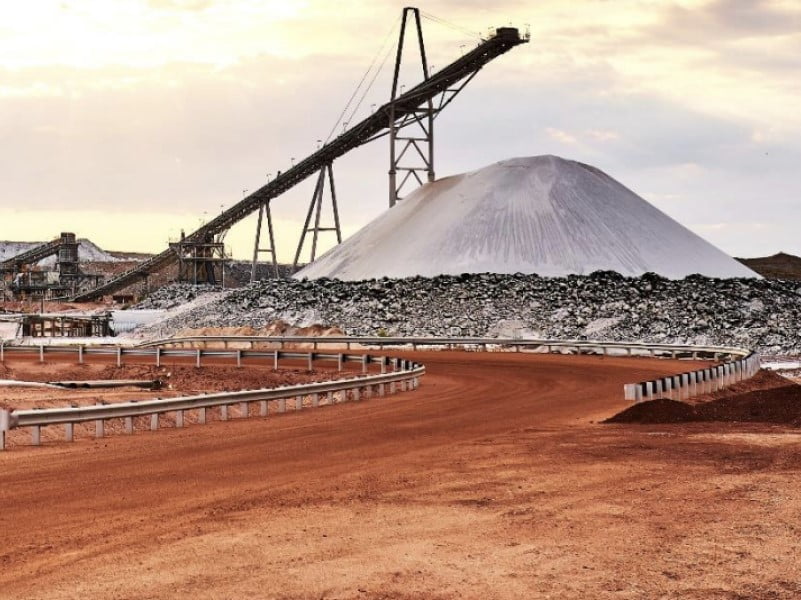Australia and France have signed a pact to work more closely on critical minerals supply chains, as the European Union looks to reduce its dependency on China for lithium and other heavy rare earths.
Resources minister Madeleine King signed the Bilateral Dialogue on Critical Minerals agreement with France’s Minister for the Energy Transition Agnès Pannier-Runacher overnight in Paris, ahead of the Critical Minerals and Clean Energy Summit.
Ms King, who is on a tour of Europe to promote Australia as a supplier of critical minerals, has met with ministerial counterparts from Germany and the European Union in recent days, and will shortly travel to the United Kingdom.

Australia has spent the last year working to deepen its partnerships with “likeminded partners” to build new diverse set of critical minerals supply chains, reducing China’s dominance – a goal Europe shares.
Europe is looking to overcome its reliance on China for critical minerals and process 40 per cent of the strategic raw materials it uses by 2030. It is currently reliant on China for 80 per cent of its lithium and 100 per cent of its heavy rare earth mineral supplies.
The new agreement signed on Thursday will see Australia and France cooperate on a joint study into critical minerals supply chains that will seek to identify what types of batteries and rare earth magnets each country will need for energy transition, as well as medical and defence applications.
“The joint study will also look at what the governments of France and Australia can do to overcome obstacles to secure stable supply chains for critical minerals,” Minister King said, adding that both have committed to achieving net-zero emissions by 2050.
The agreement represents the third pact to be signed this year, with similar agreements signed with Germany and the UK in April. A Critical Minerals Partnership was also signed with Japan in October last year and another agreement is in place with India.
Australia is the world’s largest producer of lithium, but around 85 per cent of the raw material is refined in China. Australia is also third largest producer of cobalt and the fourth largest producer of rare earths.
In June, the federal government released its new Critical Minerals Strategy, which will seek to build sovereign capability in critical minerals processing, unlocking future global investment and growing the workforce in the process.
As many as 262,000 new jobs and $133.5 billion in GDP could be added by 2040 “if Australia builds downstream refining and processing capability and secures a greater share of trade and investment”, according to the strategy.
“Australia has abundant reserves of critical minerals and our Critical Minerals Strategy sets out the pathway for Australia to diversify global supply chains and become a globally-significant supplier by 2030.
“Australia also has a reputation as a reliable export partner, has strong environmental and social standards and corporate governance frameworks, and is an attractive place for foreign investment, particularly in the resources sector.”
Earlier this week, Ms King reportedly urged European car markers to “get moving or miss the boat” if they hope to compete with American business that “react really quickly”, and said they were currently too concerned about price.
Do you know more? Contact James Riley via Email.

